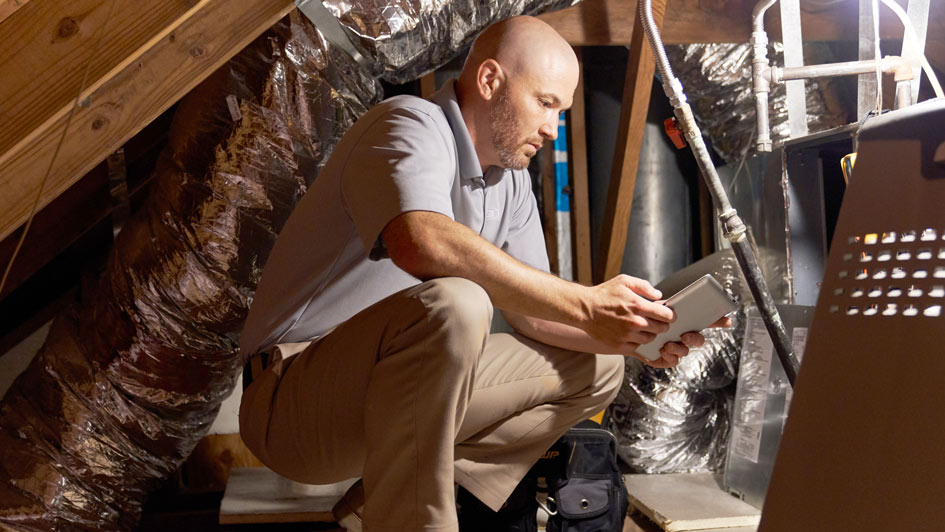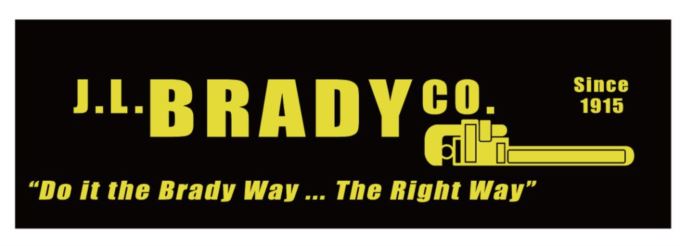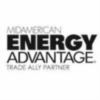
Where you aware that more than half of your home’s energy costs are from your heating and cooling? This is why it’s so important to secure an energy-efficient HVAC system.
Furnace efficiency standards were last revised to an Annual Fuel Utilization Efficiency (AFUE) rating of 80% in 2015. This rating system illustrates how effective your furnace is at natural gas into heat. An AFUE rating of 80% means your furnace will waste about 20% of the fuel it uses while generating heat.
In 2022, the Biden Administration revealed new energy-efficiency standards for residential gas furnaces that would substantially decrease emissions, save customers money and stimulate sustainability.
This proposal is estimated to:
- Save Americans $1.9 billion annually.
- Lower carbon emissions by 373 million metric tons and methane emissions by 5.1 million tons over three decades, the equivalent of what 61 million homes emit annually.
Starting in 2029, the updated rule would demand all new gas furnaces to feature AFUE ratings of 95%. This means furnaces would combust nearly 100% of the gas into usable heat.
So what does all of this mean for your existing furnace in 2023? As of now, very little, as the proposed rule will not go into effect until 2029 at the earliest and does not affect furnaces that are already in use.
But if you are considering furnace replacement in soon, highly energy-efficient furnaces are now available. Find out how these furnaces can lower your monthly energy bills.
Guide to Condensing Furnaces
How Condensing Furnaces Work
A condensing furnace is a kind of heating system that uses a secondary heat exchanger to trap wasted heat from the furnace's exhaust gases. This decreases the amount of energy wasted, improves energy efficiency and lowers CO2 emissions. It also demands less natural gas to produce the same amount of heat compared to other types of furnaces.
How Condensing Furnaces Differ from Non-Condensing Furnaces
The biggest difference between a condensing furnace and a non-condensing furnace is condensing models use a secondary heat exchanger to gather any wasted heat from its exhaust gases, while the other does not.
Equipment Lifespan
The life span of a condensing furnace will depend on the brand, model and other factors. In most cases, a condensing furnace is likely to last between 10-20 years with proper maintenance and regular service. If your heating system doesn’t have regular furnace maintenance, it may have a significantly shorter life span.
Why Condensing Furnaces Are More Expensive
Usually, condensing furnaces enhanced precision is much more efficient than traditional furnaces, as it only utilizes the minimum amount of energy necessary to heat your home, saving you money in the long run.
Many variable-speed furnaces are condensing furnaces, although a few are available in non-condensing models with lower AFUE ratings. If a manufacturer wants a furnace to be classified as a condensing furnace, it must offer an AFUE rating of 90% or higher.
Do Variable-Speed Furnaces Run Nonstop?
A variable-speed furnace doesn’t need to stay on all the time. Instead, it runs at different speeds based on the temperature in your Moline home as well as the amount of energy it requires to sustain that temperature.
When sufficient energy is necessary to maintain your set temperature level, the furnace will switch to a higher speed to manage the higher demand. Doing this will ensure more efficient heating in your home while also offering quieter operation.
Guide to Two-Stage Furnaces
Two-Stage Furnaces: What They Are and How They Work
A two-stage furnace is a type of heating system that utilizes two different stages of operation — high and low. When set to the low stage, the furnace performs at a reduced capacity to help maintain the chosen temperature at your home more efficiently. During the high stage, the furnace will instead run at maximum capacity to satisfy demands for more heat. With a two-stage furnace, you can maintain improved energy efficiency and consistent temperatures throughout your home.
While two-stage furnaces are exceptionally efficient, not all all models are condensing furnaces.
Does a Two-Stage Furnace Function All the Time?
A two-stage furnace should not run constantly. In the low stage of operation, the furnace runs at reduced capacity in order to retain a desired temperature more efficiently within your home. When a greater demand for energy is needed to sustain the set temperature, the furnace shifts to its high stage and runs at full capacity. Because of this, two-stage furnaces are proven to help reduce energy costs without operating continuously.
Contrasting Two-Stage and Variable-Speed Furnaces
Two-stage furnaces have two stages of operation, low and high. During the low stage, the furnace works at reduced capacity as a way to maintain a desired temperature within your home. When a greater demand for warmth or cooling is desired, the furnace will shift to its high stage and operate at maximum capacity.
Variable-speed furnaces, meanwhile, can operate at several speeds in order to maintain a desired temperature more consistently at home. With more options for temperature settings, you also have more flexibility for heating you home and can enjoy greater savings on energy bills.
Differences Between One- and Two-Stage Furnaces
One-stage furnaces have a single stage motor and operate either at full power or not at all. In other words, the furnace runs constantly in order to maintain a desired temperature within your home.
Two-stage furnaces, by comparison, have two stages of operation, low and high. During the low stage, the furnace runs at lower capacity in order to maintain the desired temperature more efficiently. When additional warmth or cooling is desired, the furnace will change over to its high stage and operate at full capacity.
Schedule Your Furnace Installation with J.L. Brady Company LLC Today
Modern furnace technology can be confusing. That’s why J.L. Brady Company LLC professionals are here to help with a no-obligation, no-pressure estimate for furnace installation. We’ll assess your home, your heating needs and your budget before helping you find the best solution. Get in touch with us at 309-517-7511 to get started today!




